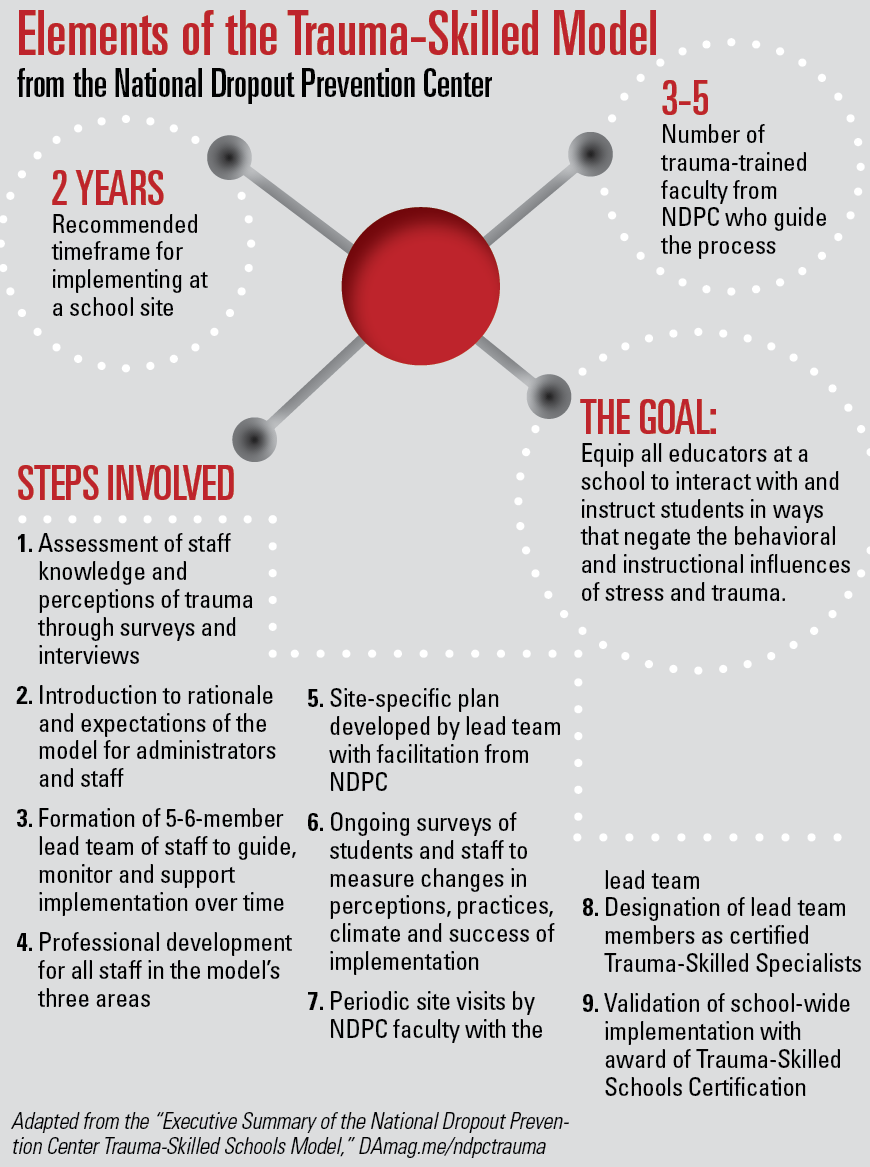

It is important to remember that patients do not need to be bombarded with questions about their past experiences. One of the first tasks a practitioner must do is to learn about the various types of trauma a person may have. Read Next: Cognitive Behavioral Therapy for PTSD Why is trauma-informed care important? Trauma-informed care is a practice that promotes a culture of safety, empowerment, and healing, so when gathering background information on a patient’s trauma, it’s important to be meticulous and careful as it can lead to stress, flashbacks, and outright medical restraint for the patient. This will allow medical and therapeutic practitioners to place awareness of the client’s past trauma into any medical care given. Specialists must recognize that trauma may have occurred more than once and act carefully in line with a patient’s history. When treating trauma, it's crucial to not repeatedly ask patients about their personal experience(s) that lead to their trauma. Trauma can be a significant barrier in many areas of medical practice as it often prevents patients from receiving the psychiatric and therapeutic care they need. Building trust between the practitioner and client can take time and is important to foster understanding between the pair. Patients may refrain from talking about past traumatic experiences for several reasons including fear, shame, and guilt. Therefore, it can be difficult to get an individual to convey information about their traumatic experience for specialists to make the necessary treatment. Patients sometimes dismiss the fact a traumatic event has occurred in their lives to stop themselves from reimagining the past. A traumatic reaction in the form of an emotional (or physical) outburst can be a normal way for a person to respond to an unusual situation. Patients with past trauma are susceptible to perceiving medical and psychological practices as frightening places. When trauma occurs at a very young age, unfortunately, it often remains unresolved due to the child’s inability to coherently analyze the situation and seek help when needed. Because at this time the person has not yet fully developed psychological and physiological mechanisms for combating trauma. The most destructive traumatic events occur in childhood, especially before the age of five.

Certain events that can cause trauma include the loss of loved ones, abandonment of family or friends, or serious illnesses one may have experienced.

Trauma is formed as a consequence of unpleasant events in life and various stress-related factors. Treating patients who have experienced trauma, whether it was physical or emotional, can be a very complicated and delicate hurdle to maneuver in medical practice. Many of these conditions can be difficult to diagnose without a psychiatrist because they are manifested at a physiological level. The most common victims of physical or psychological abuse are children because they are dependent on adults and unable to protect themselves.

It can disrupt the state of the psyche and lead to borderline or clinical conditions including neuroses and psychosomatic illnesses. Trauma is the result of experiencing severe stress or violence committed against a person. By Dmitry Dorofeev, B.Sc Reviewed by Aimee MolineuxĪpplications of trauma in patients receiving careĮstablishing an environment to handle trauma


 0 kommentar(er)
0 kommentar(er)
